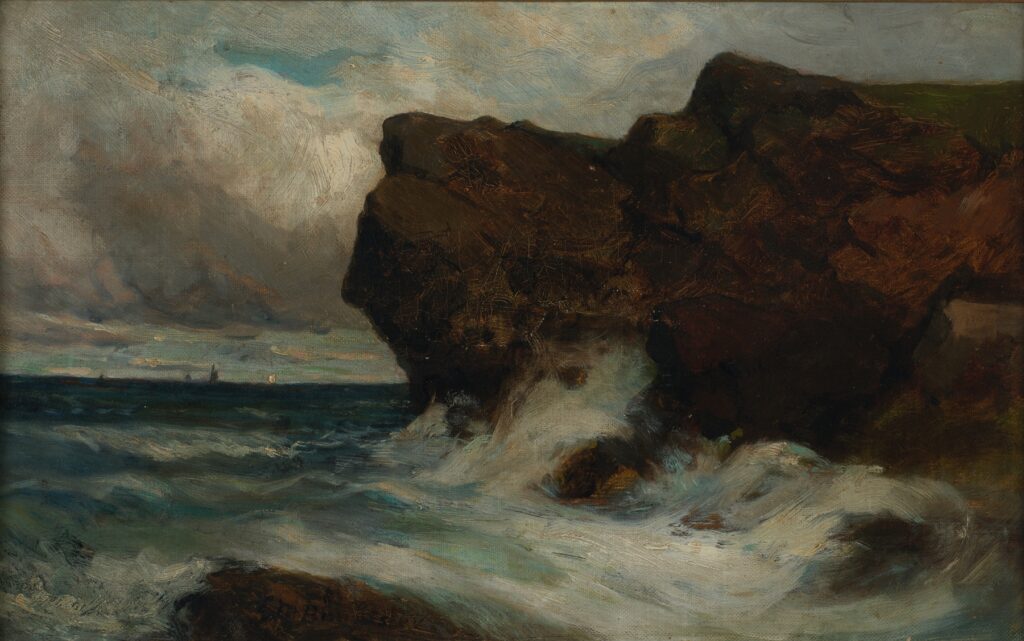The shadow, or the unknown self, is a part of us that is out of our awareness. Most likely, we won’t identify ourselves with our shadows and project onto others. Our shadow self appears as both a stranger and a family member. We see it in people we meet, and it gives us an emotional reactivity. Our shadow plays as our enemy and our idol at the same time. We may adore or hate those who remind us of our shadow.
The shadow is not the whole of the unconscious personality. It represents unknown or little-known attributes and qualities of the ego—aspects that mostly belong to the personal sphere and that could just as well be conscious. In some aspects, the shadow can also consist of collective factors that stem from a source outside the individual’s personal life.
Marie-Louise von Franz, The Process of Individuation
On how we ‘create’ the shadow
Shadow lies within our personal unconscious. Unlike Freud, who viewed our personal unconscious as our suppressed material that can be said to be a fixate container full of our unrecognised and unwanted material, Jung viewed the personal conscious as a source of our unknown part that will never be empty since it’s also connected to the collective unconscious. So Jung viewed the shadow as our potential, not only our trash can.
Based on that concept, the shadow may seem like a vast, dark ocean that one needs to ‘explore’ in order to know our unknown territory that surrounds our island. The island is our ego-consciousness. We know and recognise our territory on the island. If we are reflective and introspective enough, we probably know every inch of our island. What we don’t know is that there were many things that were swiped out. Everything that doesn’t align with our ego ideal is thrown into the ocean. We ‘create’ our shadow during that unconscious process.
Moreover, during the interactions with life, we may see things on the ocean and may be wondering what they are. We may think that it belongs to some pirates who lost their baggage. So we often see our shadow as the other person’s belonging. Perhaps to the extent that we are pretty sure and convinced that it’s not ours. That’s because we project our shadow to people who have the hook to carry them and reflect them to us.
How to recognise the Shadow
As Jung stated, the key point of our unconscious content and when the content rises to our consciousness is the emotional reaction.
On the one hand, emotion is the alchemical fire whose warmth brings everything into existence and whose heat burns all superfluities to ashes…. But on the other hand, emotion is the moment when steel meets flint and a spark is struck forth, for emotion is the chief source of consciousness. There is no change from darkness to light or from inertia to movement without emotion.
(Jung 1938:96)
Imagine that we will dive deep into the ocean for the first time; there will be a mixed feeling. Perhaps excitement or fear. That’s why the encountering with our shadow is never less emotional since it is always our first time encounter. Different part, aspect, facet, layer, and potential. Yet it will always be the first encounter that brings so much emotion to us. And that’s how the shadow first shows up. We may feel shocked and stirred by the fact that such tremendous energy lies within us.

To recognise our shadow means taking responsibility. So whenever we have this tremendous shock of emotions, take a pause and do some self-reflection. What part of the situation stirred us, and what’s our feeling on that? What part of those people makes you so emotional, and why? Is it because what they are was beyond or below expectation or because they remind you of your disowned part?
The Golden Shadow
Jung viewed shadow as potential, which means that it is something that is valuable and worthy of gold. It may be your talent and superpower that you hid due to the lack of space in your consciousness.
To draw the skeletons out of the closet is relatively easy, but to own the gold in the shadow is terrifying. It is more disrupting to find that you have a profound nobility of character than to find out you are a bum. Of course you are both; but one does not discover these two elements at the same time.
The gold is related to our higher calling, and this can be hard to accept at certain stages of life. Ignoring the gold can be as damaging as ignoring the dark side of the psyche, and some people may suffer a severe shock or illness before they learn how to let the gold out.
Indeed, this kind of intense experience may be necessary to show us that an important part of us is lying dormant or unused.
Robert A. Johnson, Owning Your own Shadow
Conclusion
To meet our shadows is life-changing. We may need to reflect back in retrospect to really acknowledge them. It’s important to highlight that shadow work is a never-ending process. Just like Jung said, “We meet ourselves time and again in a thousand disguises on the path of life.” Therefore, to be able to finally recognise our shadows is a blessing in disguise. From that meeting point, we will learn to accept ourselves wholeheartedly. To finally realise that we share lights as well as darkness.
Shadow-work enables us to alter our self-sabotaging behavior so that we can achieve a more self-directed life. It expands our awareness to include a wider range of who we are so that we can attain more complete self-knowledge and eventually feel more genuine self-acceptance.
Connie Zweig, Romancing the Shadow





One Comment